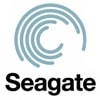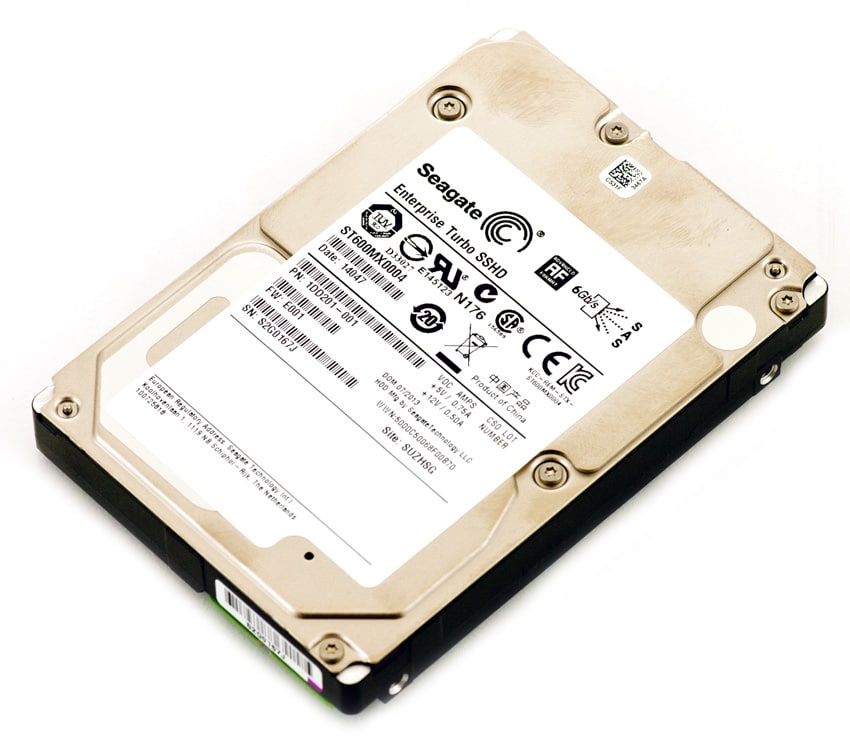 Seagate has announced that it has shipped its 10 millionth solid-state hybrid hard drive. Seagate was the first to release SSHDs on the market and has experienced a growing demand for their hybrid solutions since its inception, as it offers the speed and performance of SSDs combined with the industry’s highest storage capacities.
Seagate has announced that it has shipped its 10 millionth solid-state hybrid hard drive. Seagate was the first to release SSHDs on the market and has experienced a growing demand for their hybrid solutions since its inception, as it offers the speed and performance of SSDs combined with the industry’s highest storage capacities.
Seagate has announced that it has shipped its 10 millionth solid-state hybrid hard drive. Seagate was the first to release SSHDs on the market and has experienced a growing demand for their hybrid solutions since its inception, as it offers the speed and performance of SSDs combined with the industry’s highest storage capacities.
Though SSHDs aren’t as fast as SSDs, they can typically deliver three to four times the performance of hard disk drives in typical workloads at a lower cost, which Seagate has indicated to be a key factor in its driving adoption with PC vendors. Seagate’s SSHDs provide a powerful mix of performance and capacities that are optimized to handle the most demanding needs of both IT organizations and consumers.

Seagate’s SSHD solutions include their Laptop SSHDs, which deliver maximum performance, capacity and security for 7mm and 5mm laptop storage; Desktop Hybrid Drives, which come in capacities of up to 4TB; and Enterprise Turbo SSHDs, which are 2.5" 15K SAS HDDs combined with 32GB of eMLC flash to enable dollar-to-IOPS performance and capacity.
The application of hybrid makes the most sense in enterprise environments that have yet to adopt SSDs. The hybrid drive provides a natural bridge for flash hold-outs who remain more comfortable with traditional hard drives. Holding out may not be logical given the obvious benefits of flash and cost parity in some cases, but trepidation over flash still exists. On the client side hybrid drives haven't really caught on, they hit at a time where SSDs are rapidly dropping in price (sub .40/GB) reducing the benefits of hybrid in portable situations. For PC users the capacity play also lost appeal with many going to flash for boot and core application duties and a standard 3.5" HDD for bulk storage. Generally speaking the 10 million hybrids shipped is interesting from a technology leadership perspective, but widespread adoption of the technology going forward appears unlikely.
